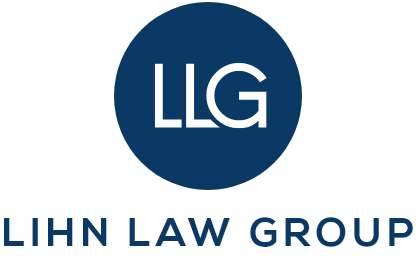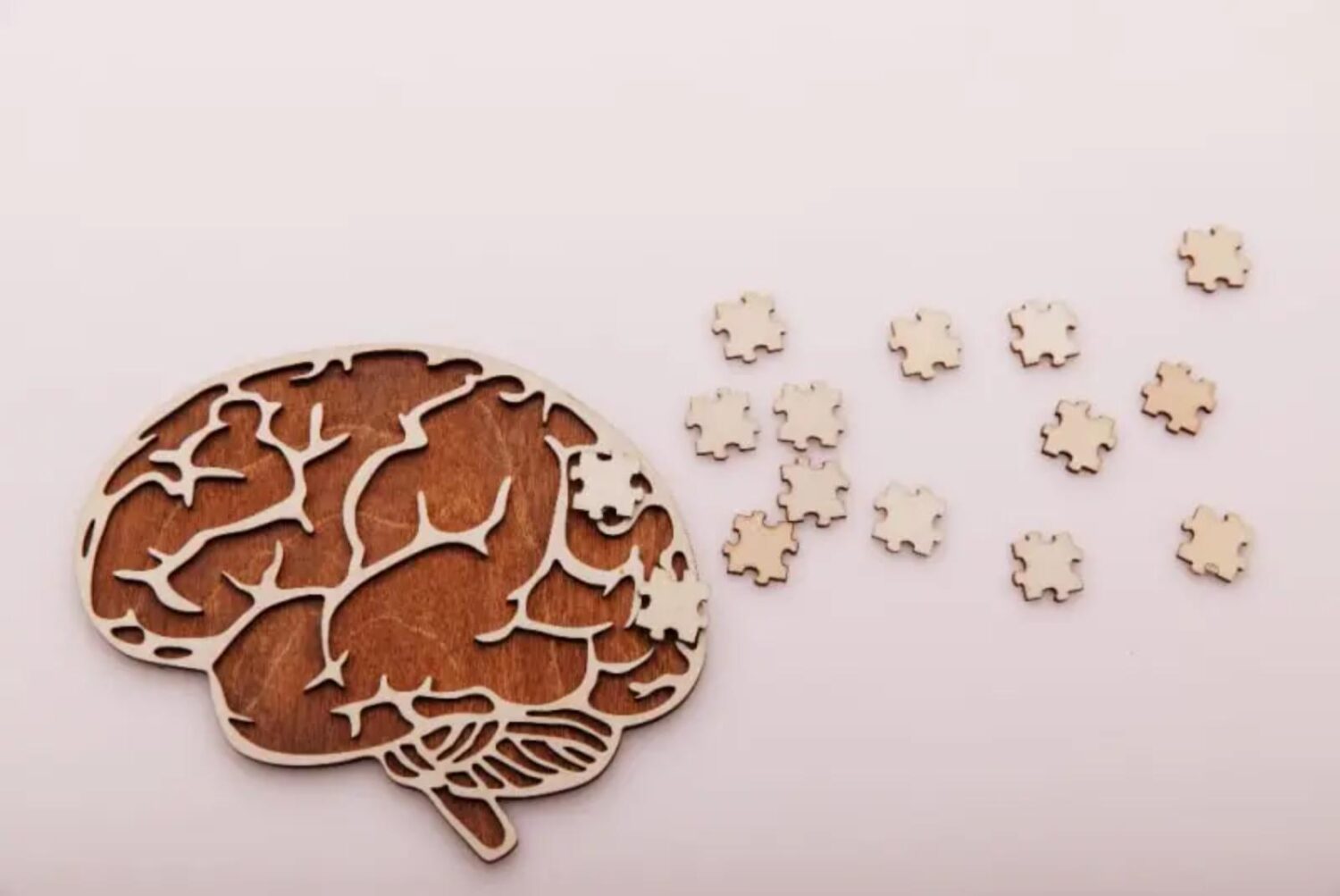Estate planning is often associated with wealth or complex financial situations, but in reality, it’s for everyone. Whether you own a modest home or have significant assets, estate planning is the key to protecting your family, your finances, and your legacy. It’s about making sure that, when the time comes, your wishes are honored, and your loved ones are taken care of.
If you haven’t thought much about estate planning, now is the time to start. It’s never too early to prepare for the future, and the benefits of having an estate plan extend beyond financial matters—it provides peace of mind, knowing that everything is set up the way you want it to be. In this post, we’ll break down the essential elements of estate planning and show how it applies to every family, no matter their circumstances.
Why Estate Planning is Essential for Everyone
It’s easy to think of estate planning as only necessary for the wealthy, but that’s a myth. Estate planning goes beyond distributing assets—it’s about ensuring that your healthcare preferences are honored, your loved ones are cared for, and your legacy is preserved. Some common misconceptions are:
“I don’t have enough assets to justify an estate plan.”
Estate planning isn’t just about wealth; it’s about having control over what happens with your property, personal belongings, and healthcare decisions.
“I’m young and healthy. I don’t need to plan yet.”
Accidents and illnesses can happen unexpectedly. Having an estate plan in place ensures that your wishes are respected, even in situations where you may not be able to communicate them.
The reality is, everyone benefits from having an estate plan, regardless of age or financial status. If you have children and/or own assets, estate planning will help you.
The Key Components of a Solid Estate Plan
While estate planning can be complex, you can build its foundation with a few key documents that every family should have. These documents will ensure that your wishes are carried out, even if you are no longer able to make decisions yourself.
Last Will and Testament
A will outlines how you want your assets distributed after you pass away. If you have minor children, it can also designate guardianship, ensuring that your children are cared for by the people you trust most. Without a will, the court will decide how to divide your assets and who will care for your children, a process that can be costly, time-consuming, and stressful for your loved ones.
Living Trust
A living trust allows you to transfer ownership of your assets while you’re alive, but still maintain control over them. Upon your passing, the trust ensures a smooth and private distribution of assets without the need for probate—a court-supervised process that can be expensive and lengthy.
Durable Power of Attorney (Financial, Health Care, and Mental Health Care)
A durable power of attorney is critical if you become incapacitated. This document designates someone you trust to make financial and medical decisions on your behalf. Without it, your loved ones might have to petition the court to make these decisions, which could cause delays and confusion during critical moments.
Advance Healthcare Directive (Living Will)
A living will outlines your medical preferences if you’re unable to communicate them yourself. This includes your wishes regarding life-sustaining treatments, resuscitation, and organ donation. Having this document ensures that your healthcare decisions align with your values and takes the burden off your family members from having to make these difficult decisions.
Beneficiary Designations
Ensure your beneficiary designations are up to date on accounts such as life insurance policies, retirement accounts, and payable-on-death accounts. These accounts will pass directly to your beneficiaries without going through probate, so keeping them current is essential.
Common Estate Planning Mistakes and How to Avoid Them
Even with the best intentions, people sometimes make mistakes in their estate planning process. Here are a few common pitfalls and how to avoid them:
Waiting too Long to Start
It’s easy to delay estate planning, especially if you’re healthy and young. However, starting early allows you to make thoughtful decisions about your future. Don’t wait for a crisis to start planning.
Not Updating Your Plan
Major life events like marriages, divorces, births, or deaths should trigger a review and update of your estate plan. It’s important to ensure that your documents reflect your current wishes and family dynamics.
Forgetting Digital Assets
In today’s digital age, many of us have important accounts online—ranging from social media profiles to cryptocurrency wallets. Make sure your estate plan includes instructions on how to handle your digital assets, including passwords and account access.
Overlooking Tax Planning
Depending on the size of your estate, taxes can play a significant role in how much your beneficiaries will receive. Working with an experienced estate planning attorney can help you minimize the tax burden and maximize the assets your loved ones inherit.
How Estate Planning Protects Your Family and Legacy
Estate planning is more than just preparing for the inevitable. It’s about ensuring your family’s financial security, protecting your values, and preserving your legacy. Here are just a few ways that a solid estate plan benefits your family:
Peace of Mind
Your loved ones will know exactly what your wishes are, reducing confusion and stress during an already difficult time.
Financial Security
An estate plan distributes your assets according to your wishes, helping your family avoid financial hardship.
Legal Protections
Without a plan, the court decides how to distribute your estate, which can lead to outcomes that don’t align with your values. A proper estate plan keeps these decisions in your hands.
Preserving Family Harmony
Estate disputes can tear families apart. By clearly outlining your wishes in a legal document, you reduce the chances of conflict among family members.
Conclusion: Don’t Wait to Protect Your Family
At the heart of estate planning is the desire to care for those we love. By taking the time to create an estate plan now, you protect and provide for your family, no matter what the future holds. We specialize in creating customized plans reflecting your unique needs and goals. If you don’t have an estate plan in place or need to update an existing one, our team at Lihn Law Group is here to help, contact us now or give us a call today.






